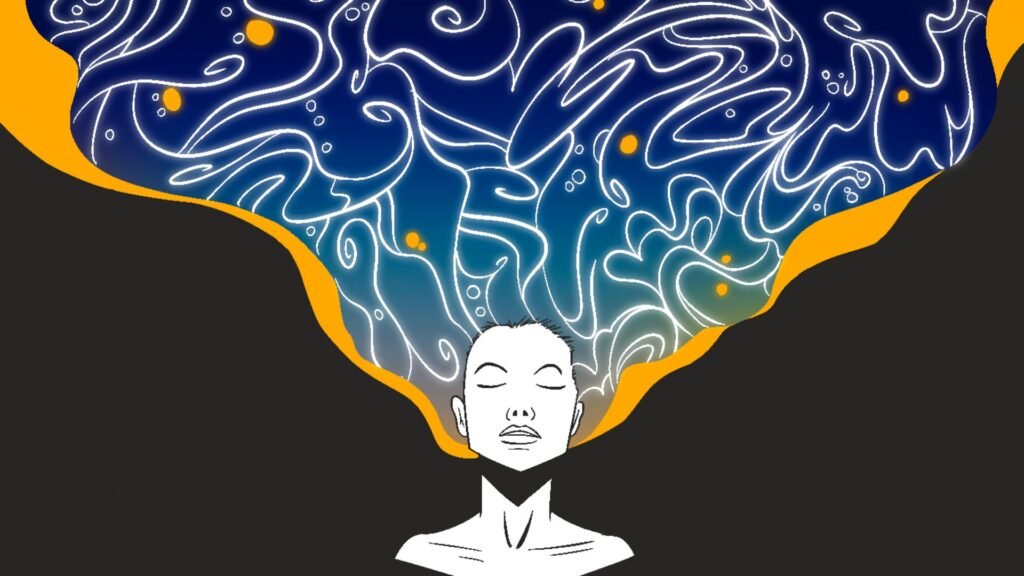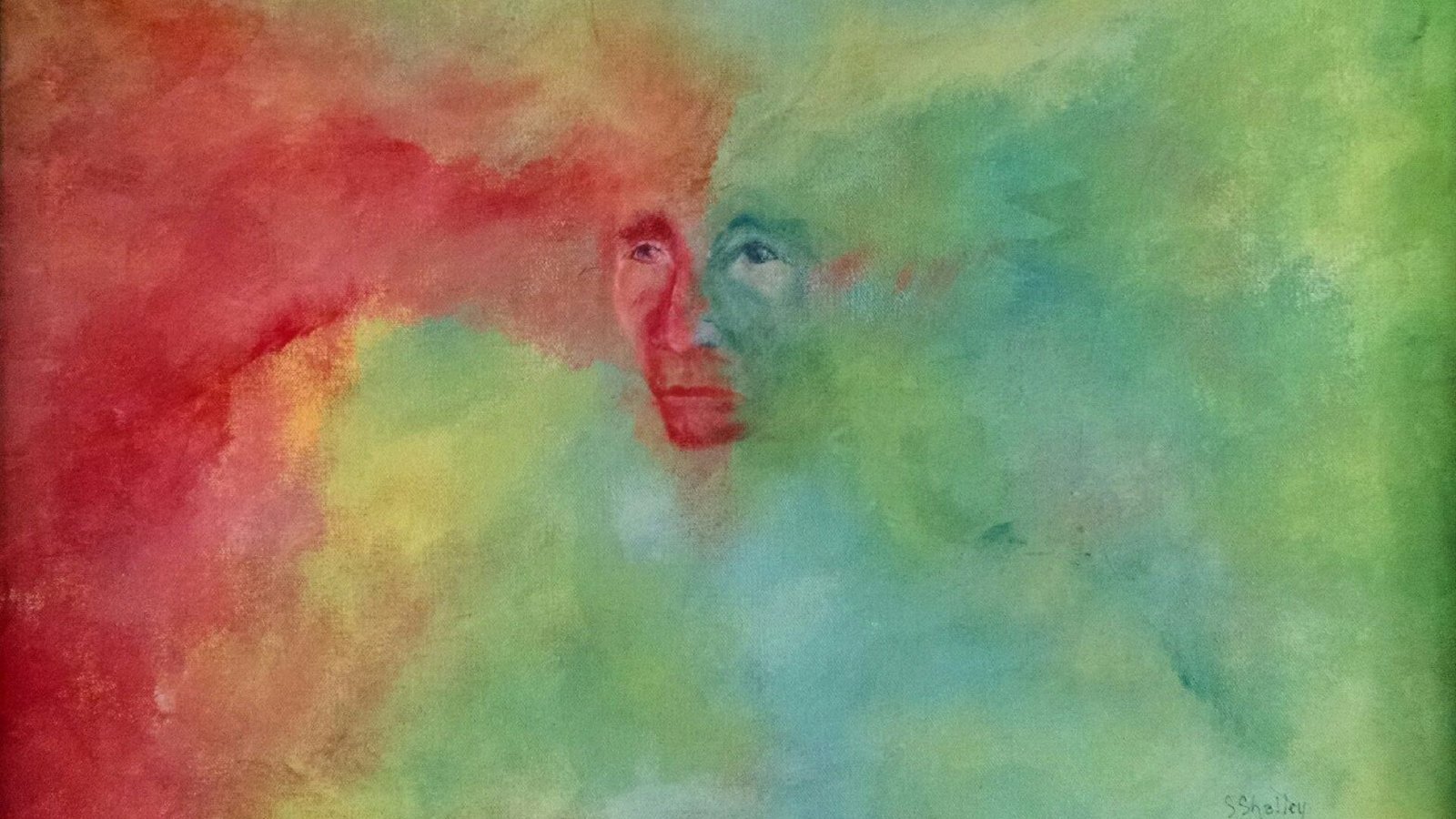Dreams have fascinated humanity for centuries, playing significant roles in various cultures and mythologies. Across different societies, dreams are viewed as gateways to the subconscious, spiritual messages, or even prophetic insights. This article explores the diverse roles dreams have played in different cultures and mythologies throughout history.

Dreams in Ancient Cultures
1. Ancient Egypt
In ancient Egypt, dreams were considered divine messages. Egyptians believed that dreams could offer guidance from the gods and often interpreted them through priests or dream interpreters. The famous “Dream Book of Artemidorus” detailed various dream symbols and their meanings.
2. Mesopotamia
In Mesopotamian cultures, dreams were thought to provide insights into the future or the will of the gods. They often documented dreams on clay tablets, seeking to understand their significance through careful analysis.
3. Ancient Greece
The Greeks viewed dreams as significant omens. The philosopher Aristotle believed dreams were reflections of a person’s inner thoughts. Meanwhile, the temple of Asclepius served as a dream sanctuary where individuals sought healing through dream interpretation.
Indigenous Cultures
4. Native American Traditions
Many Native American tribes regard dreams as a vital aspect of life and spirituality. They often practice dream sharing and seek guidance from dreams during vision quests. Dreams are seen as pathways to connect with ancestors and nature.
5. Aboriginal Australian Dreamtime
In Aboriginal culture, the concept of “Dreamtime” encompasses the creation stories and spiritual beliefs of the people. Dreams serve as a bridge between the physical and spiritual worlds, guiding individuals in understanding their place in the universe.
Dreams in Religious Contexts
6. Christianity
In Christianity, dreams hold significant importance, often seen as messages from God. Biblical figures like Joseph and Daniel received divine revelations through dreams. The “dream” theme reappears in various stories, emphasizing the spiritual nature of dreaming.
7. Islam
In Islam, dreams are categorized into three types: true dreams (which come from God), false dreams (from the devil), and dreams from one’s own self. The Prophet Muhammad valued dreams, often sharing his own and interpreting those of others.
Dreams in Asian Cultures
8. Chinese Beliefs
In Chinese culture, dreams are often viewed as reflections of one’s inner self and a connection to the spiritual realm. Dream interpretation is a significant practice, with various symbols representing health, fortune, or warnings.
9. Japanese Folklore
Japanese folklore contains numerous tales about dreams, often depicting them as spiritual experiences. The “yume” or dream is an essential concept in many Japanese stories, symbolizing the intersection of reality and the spiritual world.
Dreams in Mythology
10. Greek Mythology
In Greek mythology, Morpheus is the god of dreams, responsible for shaping and creating dreams. Myths often explore themes of dreams as transformative experiences, blurring the lines between reality and fantasy.
11. Norse Mythology
In Norse mythology, dreams played a crucial role in the fate of individuals. They were believed to offer prophetic insights and warnings about the future, guiding heroes and gods alike.
The Psychological Perspective
12. Carl Jung and Archetypes
Psychologist Carl Jung emphasized the importance of dreams in understanding the unconscious mind. He believed that dreams contain archetypes and symbols that help individuals navigate their inner worlds and cultural influences.
13. Sigmund Freud’s Dream Theory
Sigmund Freud considered dreams the “royal road to the unconscious.” He believed that dreams reveal repressed desires and thoughts, making them crucial in understanding individual psychology and cultural dynamics.
Conclusion
The role of dreams in different cultures and mythologies highlights their significance beyond mere nightly visions. From ancient civilizations to modern societies, dreams serve as windows into the subconscious, offering insights, guidance, and connections to the spiritual realm. Understanding these cultural perspectives enriches our appreciation of dreams and their profound impact on humanity.




